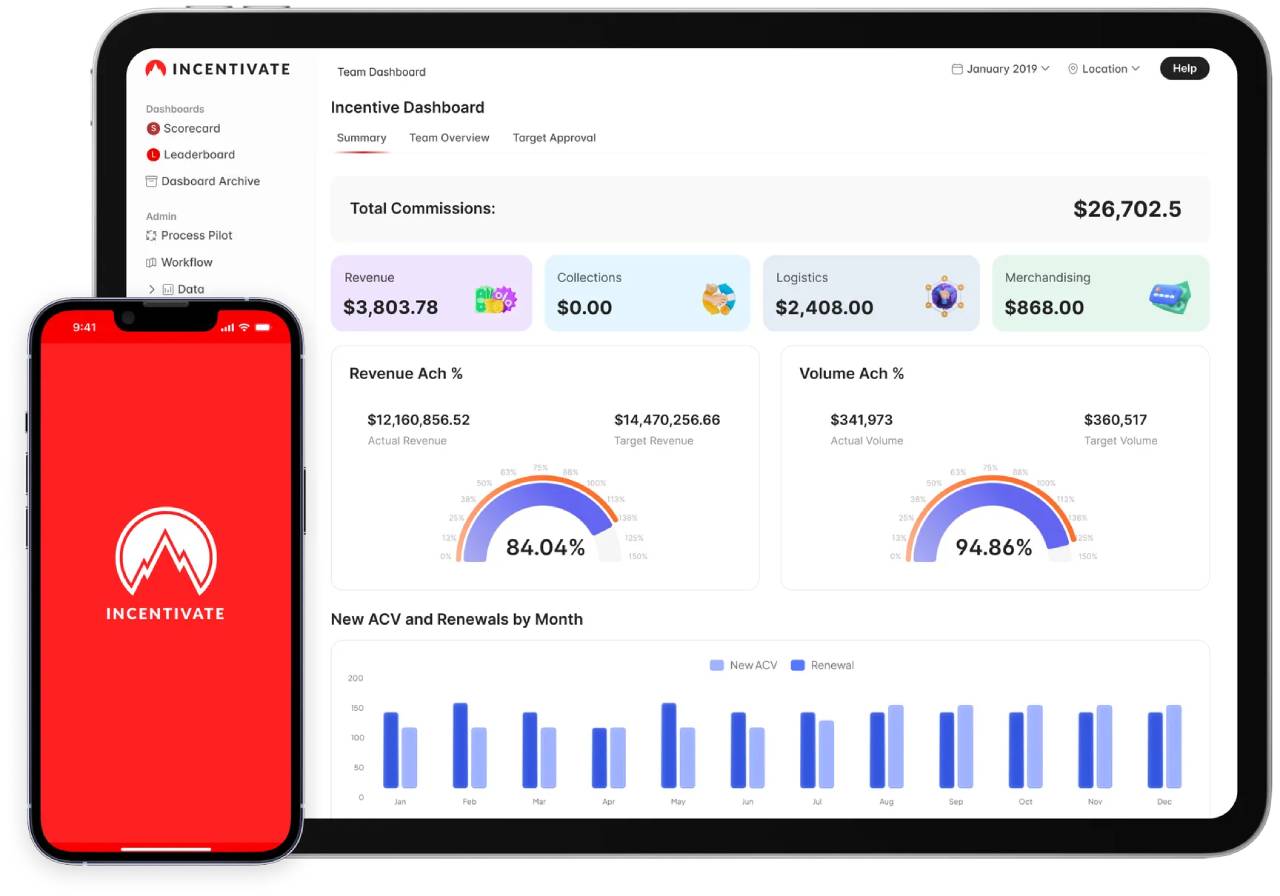What Is DevOps?
DevOps is a software development process that helps to improve the quality, speed, and reliability of software systems. It is a collaboration between different departments within an organization, such as engineering, operations, and marketing. DevOps was originally created in order to speed up the development process by automating certain software processes. However, today DevOps is more than just a development process – it is a culture and set of principles that permeates throughout an organization’s entire software delivery pipeline.
Below we will outline some of the key benefits of using DevOps for your organization. We’ll also talk about how to implement it successfully within your company.
First and foremost, using DevOps helps to improve the quality of your software systems by automating certain processes. This can reduce the amount of time needed to create a new system or update an existing one, which in turn reduces overall development costs. Additionally, it can help to ensure that all systems are delivered on time and with high quality standards.
DevOps also has many benefits for your business in terms of efficiency and responsiveness. By streamlining your software delivery process, you can increase workflow speeds and reduce response times when dealing with customers or clients. This can make you more competitive in the marketplace and give you an edge over your competition.
Another key benefit of DevOps is its ability to foster a collaborative environment among different departments within an organization. By working together as a team, everyone involved in delivering software systems can learn from each other and achieve greater levels of efficiency collectively than they would alone. In addition, this collaboration creates trust among team members which encourages them to report issues promptly so that they may be resolved as quickly as possible – both for the sake of their own workflows as well as thoseof their customers or clients who may be impacted by system failures or delays..
Finally, adopting a DevOps culture will help you optimize performance across all aspects of your software delivery pipeline while mitigating potential security threats or compliance concerns.. With the right tools (such as monitoring solutions), proper governance (rulesets & procedures), and continuous improvement efforts (continuous integration & automated testing), you can ensure that everything runs smoothly behind the scenes while maintaining compliance with regulations such as GDPR..!
Learn About The Benefits Of DevOps Implementation
DevOps is a scalable and automated process that helps to improve the quality and efficiency of software development. It’s become more important than ever as developers strive for faster, better, and more reliable software. By implementing DevOps practices into your development process, you can achieve these goals while also reducing manual labor and errors. The DevOps Training in Hyderabad program by Kelly Technologies can help to develop the skills needed to handle the tools and techniques associated with DevOps.
One of the key benefits of DevOps is its scalability. With automated processes in place, you can quickly deploy new versions of your software to your users without sacrificing quality or reliability. This means that your customers can always get the latest and greatest version of your product – no matter how large or small the update may be.
Another benefit of DevOps is its continuous delivery model. By shipping updates continuously to your users, you’re able to reduce Waiting Time Measures (WTM) and increase customer satisfaction scores. This allows you to deliver better quality products faster – which ultimately leads to improved efficiency in your overall workflow.
DevOps also enables trust between teams by enabling constant collaboration between developers and operators. This helps reduce misunderstandings and ensures that everyone is working towards the same goal at all times. Finally, automated testing enables fast feedback on changes so that you can make informed decisions quickly and avoid any potential problems down the road.
In short, by implementing DevOps practices into your development process, you can improve both the efficiency and quality of your work.
Infrastructure Automation With DevOps
Infrastructure automation is the key to speeding up your development process and achieving better quality and reliability. By automating your servers, networks and infrastructure, you can reduce the amount of manual labor required and release code faster. This will help you resolve problems quickly and keep your development team agile. In this section, we will go over some of the most common benefits of automation for infrastructure management.
First, let’s look at how automated infrastructure management can help speed up your development process. By automating server provisioning, network configuration, and monitoring processes, you can release code faster without having to wait for manual approvals or checks. This will save you time and allow you to move forward with your project more quickly.
Second, automated infrastructure management also allows for better quality control. By automating system testing and monitoring processes, you can ensure that all software released is of high quality. Additionally, by resolving problems automatically through alerts or logs it becomes much easier to find and fix issues before they become major problems.
Thirdly, by automating delivery processes it becomes much easier to deploy new features or updates into production. With automated deployment tools like Puppet or Chef-Server DevOps Automation makes it easy to deploy new code changes while maintaining stability in the environment. This results in a higher level of customer satisfaction as well as decreased development costs due to quicker turnaround times from releases into production.
This article in the zoombazi must have given you a clear idea about DevOps industry. Fourthly, with containerization technologies like Docker Swarm or Kubernetes it is now possible to streamline collaboration between various teams within an organization without sacrificing security or reliability on the systems being managed Automated provisioning with these tools also helps enable self service from end users who want access to certain resources but don’t have knowledge about managing servers themselves.





